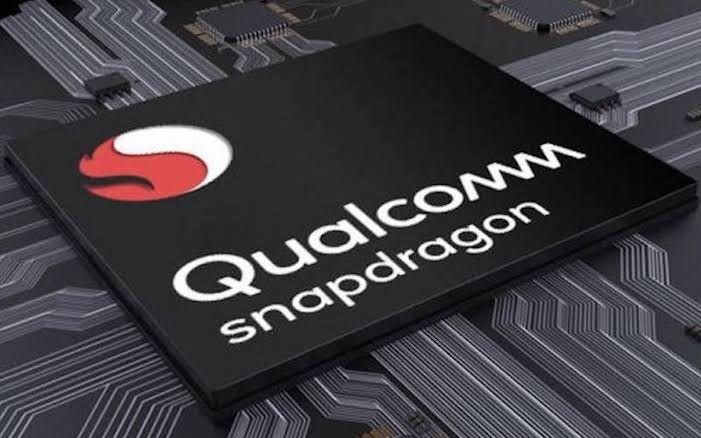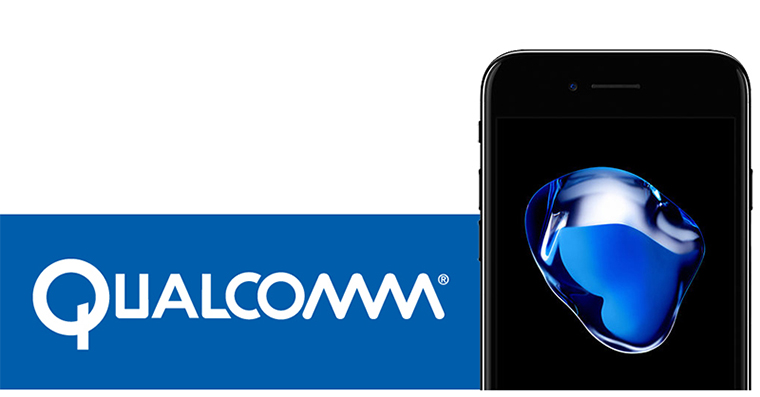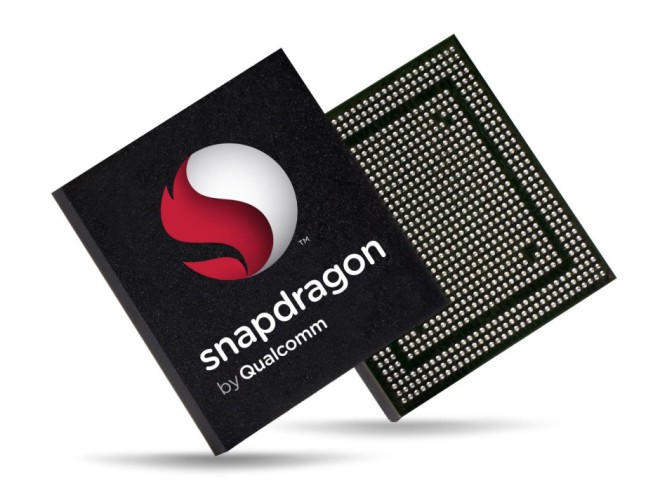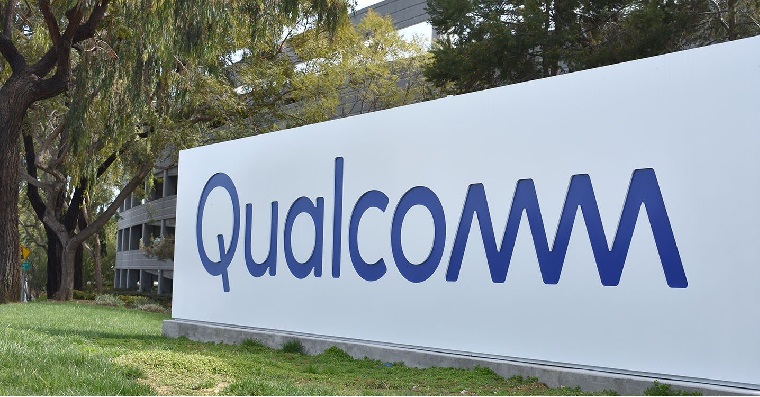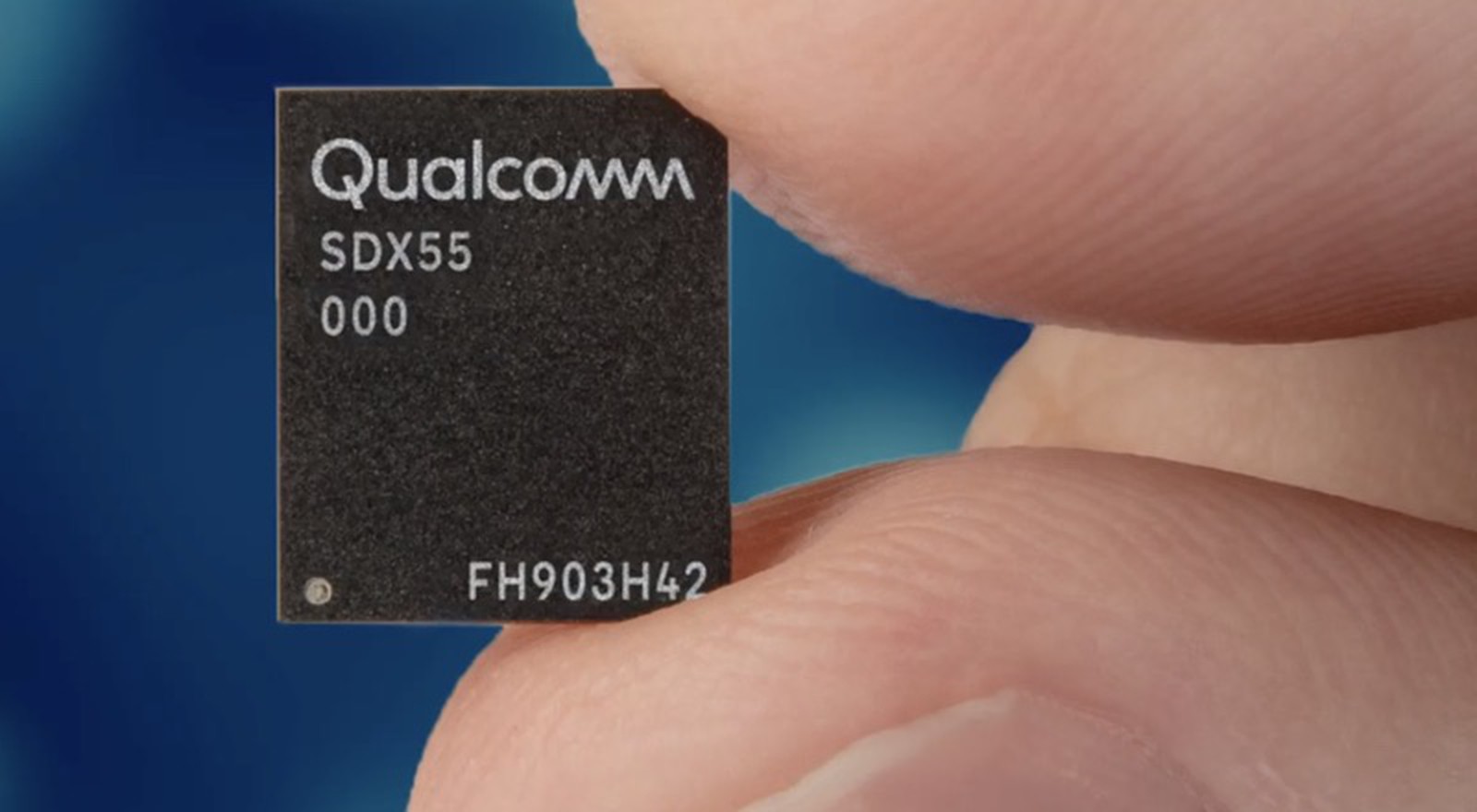As time goes on, information about how Apple will make its own 5G modem is getting stronger and stronger. After all, the first rumors about his move have been known since 2018, when 5G was just beginning to be introduced. But with the competition in mind, it would be a logical move, and one Apple should take sooner rather than later.
The indication that Apple will produce something is of course misleading. In his case, he will rather design the 5G modem, but physically it will probably be manufactured for him by TSMC (Taiwan Semiconductor Manufacturing Company), at least according to the report Nikkei Asia. She mentions that the modem will also be made with 4nm technology. In addition, it is said that in addition to the modem, TSMC should also work on the high-frequency and millimeter wave parts that connect to the modem itself, as well as the modem's power management chip.
The report follows Qualcomm's Nov. 16 claim that it estimates it will only supply 2023% of its modems to Apple in 20. However, Qualcomm did not say who it thinks will supply Apple with the modems. A well-known analyst is also looking forward to 2023, i.e. the possible year of deploying a proprietary solution for 5G modems in iPhones Ming-Chi Kuo, who already predicted in May that this year will be Apple's first attempt to implement such a solution.
It could be interest you
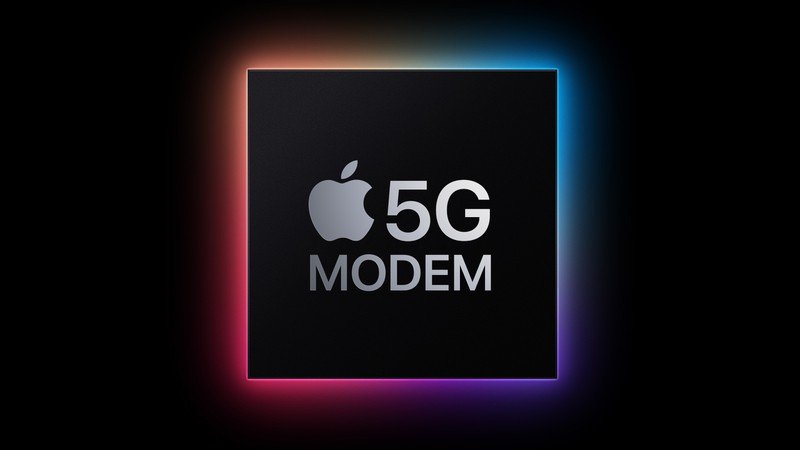
Qualcomm as a leader
Qualcomm is Apple's current supplier of modems after it struck a deal to license them in April 2019, ending a massive patent licensing lawsuit. The agreement also included a multi-year contract for the supply of chipsets and a six-year license agreement itself. In July 2019, after Intel announced its exit from the modem business, Apple signed a billion-dollar deal to take over related assets, including patents, intellectual property and key employees. With the purchase, Apple effectively got everything it needed to build its own 5G modems.
Whatever the situation between Apple and Qualcomm, the latter is still the leading manufacturer of 5G modems. At the same time, it is the first company to ever introduce a 5G modem chipset to the market. It was a Snapdragon X50 modem that offered download speeds of up to 5 Gbps. The X50 is part of the Qualcomm 5G platform, which includes mmWave trans-receivers and power management chips. This modem also had to be paired with an LTE modem and processor to really work in the mixed world of 5G and 4G networks. Thanks to its early launch, Qualcomm was able to immediately establish critical partnerships with 19 OEMs, such as Xiaomi and Asus, and 18 network providers, including ZTE and Sierra Wireless, further strengthening the company's position as a market leader.
It could be interest you

Samsung, Huawei, MediaTek
In an effort to reduce its reliance on U.S. telecom modem chip providers and try to unseat Qualcomm as the smartphone modem market leader, the company said Samsung launched its own Exynos 2018 5G modem in August 5100. It also offered better download speeds, up to 6 Gb/s. The Exynos 5100 was also supposed to be the first multi-mode modem to support 5G NR alongside legacy modes from 2G to 4G LTE.
In contrast, society Huawei demonstrated its Balong 5G5 01G modem in the second half of 2019. However, its download speed was only 2,3 Gbps. But the important fact is that Huawei has decided not to license its modem to competing phone manufacturers. You can only find this solution in his devices. Company MediaTek then it launched the Helio M70 modem, which is intended more for those manufacturers who do not go for the Qualcomm solution for reasons such as its high price and possible licensing issues.
Qualcomm definitely has a solid lead over the others and will most likely maintain its dominant position for a while. However, due to the latest trends, smartphone manufacturers prefer to manufacture their own chipsets, including 5G modems and processors, in order to reduce costs and, above all, dependence on chipset manufacturers. However, if Apple comes with its 5G modem, like Huawei, it will not provide it to anyone else, so it will not be able to be as big a player as Qualcomm.
However, the commercial availability of 5G networks and the growing demand for services in this network could lead to the entry of additional 5G modem/processor manufacturers into the market to satisfy the massive need of manufacturers without their own solution, which would further intensify competition in the market. However, given the current chip crisis, it cannot be expected that this would happen any time soon.
 Adam Kos
Adam Kos 
